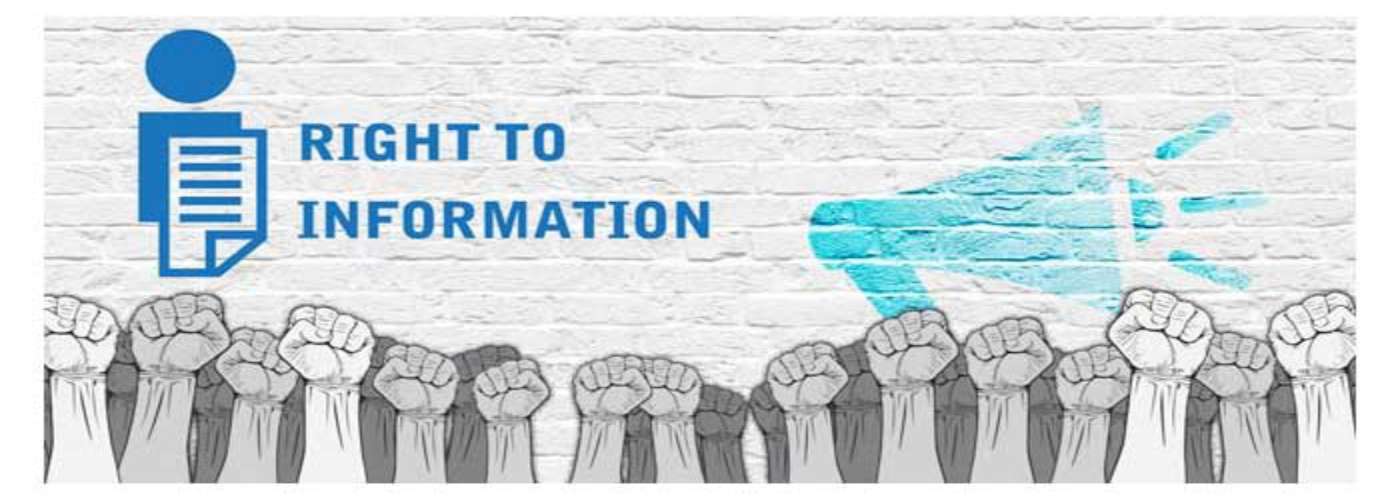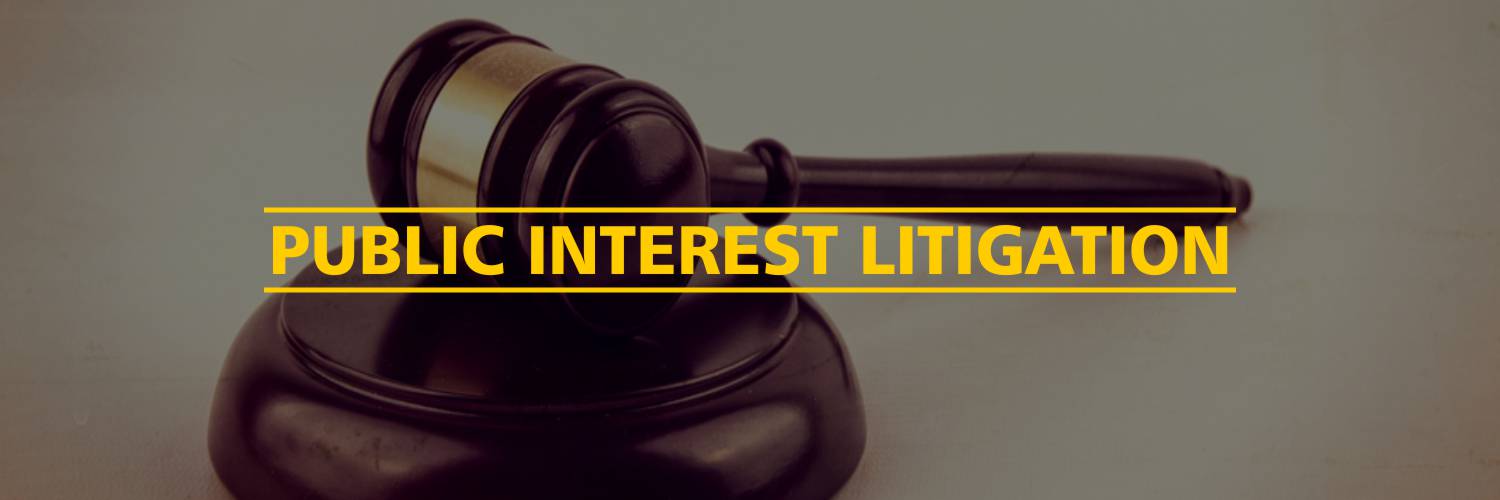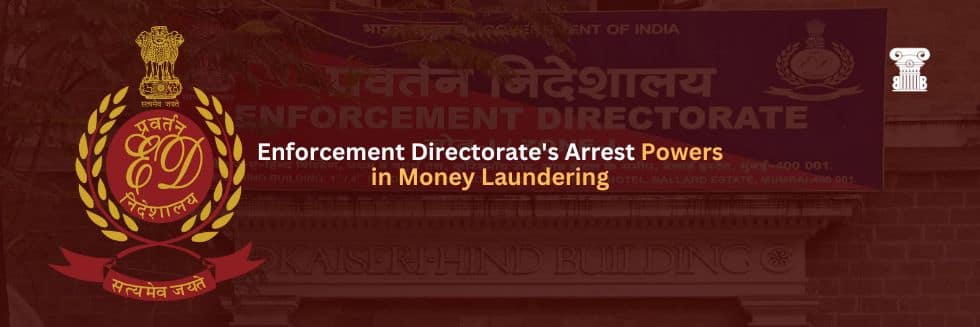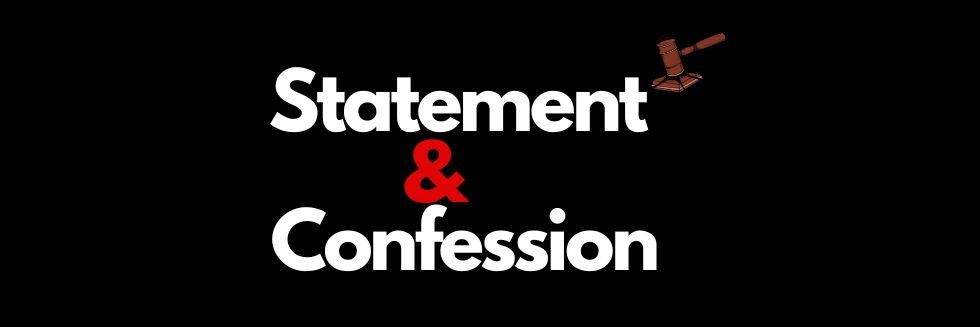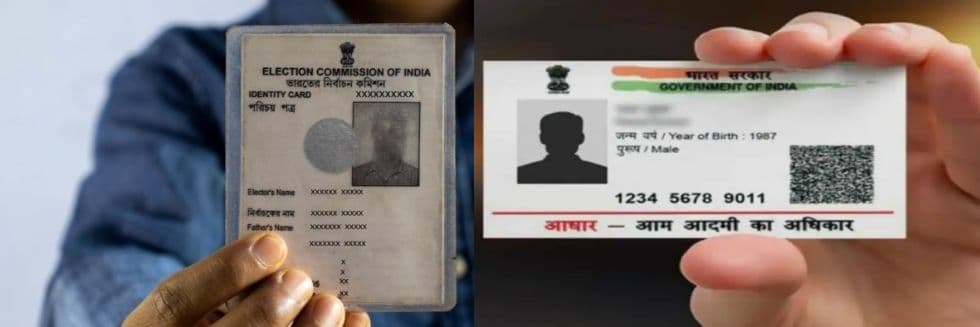Overview:
On 12 December 2005, the Central Government of India approved the Right to Information Act. It gives a right to common man that they fire direct questions to the government and they need to provide a reply within 30 days. The objective of the Act is to establish “the practical regime of right to information for citizens to secure access to information under the control of public authorities, in order to promote transparency and accountability in the working of every public authority, the constitution of a Central Information Commission and State Information Commission and for matters connected therewith and incidental thereto”.[1]
However, no right is absolute. Similarly, the right to information also has certain limitations[2]. There will always be an area of information that should remain protected in public and national interest. Moreover, this unrestricted right can have an adverse effect of an overload of demand on administration. So the information has to be proper, clearly classified by an appropriate authority.
“If liberty and equality, as is thought by some are chiefly to be found in democracy, they will be best attained when all persons alike share in the government to the utmost”. – Aristotle
Right to Information under the RTI Act, 2005 Is Not An Absolute Right:
Section 8 of the Right to Information Act, 2005 primarily deals with the exceptions to the said conferred right. The usual exemption permitting Government to withhold access to information is generally in respect of these matters;[3]
- International relations,
- National security,
- Law enforcement and prevention of crime,
- Internal discussions of the government,
- Information forbade to be published by a court or tribunal, or if such disclosure of information leads to contempt of court.
- Information which would infringe the privacy of individuals, if disclosed.
- Information, particularly of a financial nature when disclosed would bestow an unfair advantage on some person or object or government,
- Information arising out of a fiduciary relationship,
- Information about scientific discoveries and invention and improvements, primarily in the field of
Sec. 9 of the RTI Act states that “any information, whose copyright is not held by the state, cannot be provided by it under any circumstances”. This exemption under the RTI Act is an absolute one. It is primarily intended to avert misuse of the right conferred by the RTI Act by the Governmental agencies, particularly in issues of infringement of copyright.
Section 24 of the RTI Act states that the intelligence and security organizations established by the Central and State Governments cannot fall under the purview of this Act. However, the Section also lays down a proviso which states that “the allegations of corruption and human rights violations shall not be excluded under this subsection.”[4] This proviso is there to prevent the fundamental aim of the Act from being violated.
Major Issues:
The Apex Court in Union of India v Rahul Rasgotra[5] observed that confidentiality of government files and private notes made by public or government authorities and their claim to withhold the disclosure thereof has to be decided by a Court by examining the relevant files or notes in camera. Where the Court after reviewing the concerned files/notes concludes that exemption from discloser is unwarranted, it may reject government’s claim of immunity. The Court in deciding whether the exemption claimed by public authority in justified or not, shall apply the test of prejudice that what the non-disclosure is likely to cause to the public interest.
In Girish Ramchandra Deshpande v. Central Information Commission & Ors. (Supreme Court, 2012),[6] the Apex Court had held that “the details disclosed by a person in his income tax returns are “personal information” which stand exempted from disclosure under clause (j) of Section 8(1) of the RTI Act, unless involves a larger public interest and the Central Public Information Officer or the State Public Information Officer or the Appellate Authority is satisfied that the larger public interest justifies the disclosure of such information.”
On 17 April 2015, in Subhash Chandra Aggarwal v. Registrar General, Supreme Court of India, the Apex Court discarded an appeal against the decision of Delhi High Court which had held that “information about doctor’s visit expenses of judges and their families couldn’t be revealed.” The Supreme Court stated that the medical expenses of Judges do not come under the ambit of Right to information.
In Union Public Service Commission Etc. v. Angesh Kumar & Ors. (Supreme Court, 2018)
the High Court was approached for a direction to the Union Public Service Commission (UPSC) to disclose the details of marks (raw and scaled) awarded to them in the Civil Services (Prelims) Examination 2010.
The need for transparency and accountability was weighed keeping in view the necessity of best possible use of economic resources and confidentiality of sensitive information on the other. It was decided that publishing or disclosing raw marks will cause problems which would not be in public interest. However, if a case is made out where the Court finds that public interest requires the furnishing of information, the Court is certainly entitled to so require in a given fact situation.
Conclusion:
Right to information is not only an informative tool for the citizens but, it also acts as machinery to keep a check on the activities of the governmental authorities. However, one is aware of the fact that power corrupts and absolute power corrupts absolutely. Therefore, giving the citizens the absolute right to information would lead to chaos. Section 8 of the RTI Act acts as a restrictive tool to keep a check on this right while maintaining the objective of the Act. In the absence of any such reasonable restrictions, the confidential data which needs to be protected for the welfare of the State would have become a public domain, ultimately hitting in the foundation of the proper functioning of the state. The latest judicial actions on the RTI has given a new dimension to the said right and demarcated the spheres which are outside the ambit of the RTI Act.
Reference
- THE RIGHT TO INFORMATION ACT, 2005
- Section 8 of RTI ACT, 2005.
- Right To Know And Right To Information by Vikas Kumar and Shashank Manish available at http://www.legalserviceindia.com/article/l88-Right-To-Information.html
- Section 24 of the Right to Information Act, 2005
- (1994) 2 SCC 600.
- (2013) 1 SCC 212
